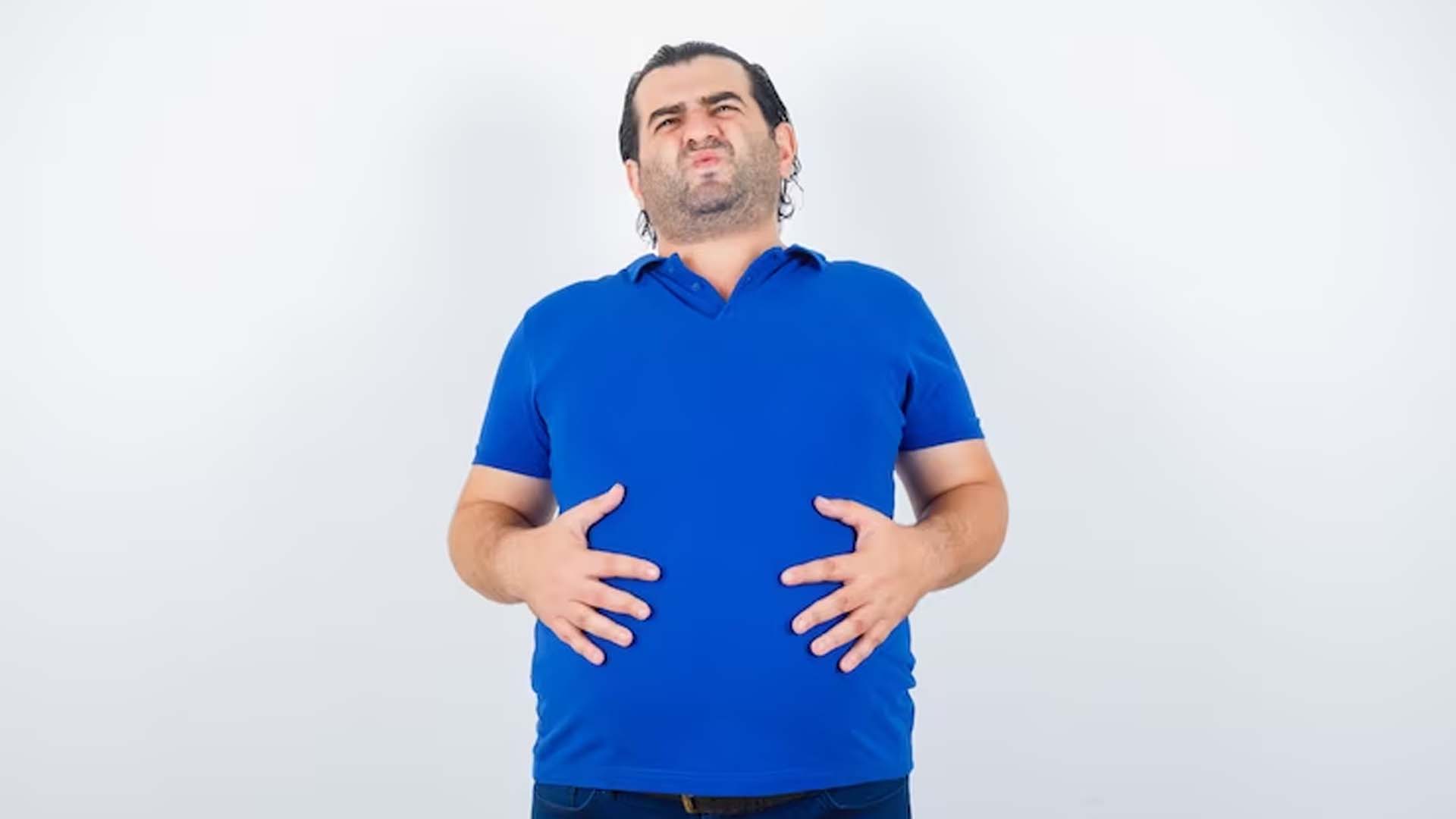What causes a big hard stomach?
What Causes a Big Hard Stomach? Understanding Symptoms, Causes, and Remedies
A big, hard stomach can be both uncomfortable and concerning. Whether it’s a sudden bloating episode or a persistent issue that’s been growing over time, understanding the root causes can help you find the right treatment and avoid future flare-ups. This guide explores common and serious causes behind a firm, distended abdomen and what you can do to relieve the discomfort.
Big Hard Stomach
1. Digestive Distress and Bloating: The Common Culprit
One of the most common reasons for a big, hard stomach is digestive bloating. When excess gas builds up in your stomach or intestines, it causes the belly to expand and feel tight. This can be triggered by:
- Eating too fast
- Swallowing air
- High-fiber foods like beans and lentils
- Carbonated drinks
- Food intolerances (e.g., lactose or gluten)
Bloating is usually temporary and relieved by passing gas or a bowel movement. If it persists, it might point to a deeper issue.
2. Constipation: A Leading Cause of a Stomach That Feels Hard
Constipation leads to a build-up of stool in the intestines, causing the abdomen to feel full, tight, and even painful. The pressure can make your stomach look swollen and hard to the touch.
Symptoms often include:
- Infrequent bowel movements (less than 3 times a week)
- Hard, dry stools
- Straining during bowel movements
Relief may involve increasing fiber intake, staying hydrated, and using over-the-counter laxatives when necessary.
3. Fluid Retention: Why Your Stomach Is Hard and Swollen
Abdominal bloating due to fluid retention, also called ascites, is a more serious condition often associated with liver disease, heart failure, or kidney dysfunction. When your organs can’t properly manage fluid, it can accumulate in the abdominal cavity.
Key signs include:
- Rapid abdominal growth
- Swelling in the legs
- Shortness of breath
- Yellowing of the skin (in liver-related cases)
Medical intervention is critical in such cases.
4. Weight Gain and Belly Fat: Misinterpreted Hardness
A distended abdomen may also be due to visceral fat — the type that forms around your internal organs. Unlike subcutaneous fat, visceral fat creates a firm, bloated belly that feels hard instead of squishy.
Visceral fat is linked to:
- Poor diet (high in sugars and trans fats)
- Lack of exercise
- Chronic stress
- Hormonal imbalances
This type of belly fat is dangerous, increasing the risk of heart disease and type 2 diabetes. Long-term lifestyle changes, including a healthy diet and exercise, are key to reversing it.
5. Fibroids and Ovarian Cysts: Specific to Women
In women, uterine fibroids or ovarian cysts can cause the abdomen to feel firm and swollen. These growths can vary in size and often go unnoticed until they cause pain or visible abdominal distension.
Common signs include:
- Heavy menstrual bleeding
- Pelvic pain or pressure
- Frequent urination
- Bloating and discomfort
Consulting with a gynecologist can help determine whether these conditions are contributing to a hard stomach.
6. IBS and IBD: Chronic Conditions That Cause Hard Stomachs
Irritable Bowel Syndrome (IBS) and Inflammatory Bowel Disease (IBD), including Crohn’s disease and ulcerative colitis, can cause ongoing bloating and abdominal hardness.
Symptoms include:
- Cramping and pain
- Diarrhea or constipation
- Mucus in stool
- Weight loss (in IBD)
Dietary changes, stress management, and medication are often used to manage these chronic issues.
7. Food Intolerances and Allergies
An often-overlooked cause of a firm stomach is an intolerance to certain foods. For example:
- Lactose intolerance can cause gas and bloating
- Gluten sensitivity or celiac disease may lead to inflammation and a hard belly
- FODMAPs (fermentable carbohydrates) can exacerbate symptoms of IBS
Keeping a food diary and working with a dietitian can help you pinpoint your personal triggers.
8. Stomach Tumors or Cancer
While rare, a big hard stomach could signal more serious conditions such as stomach cancer or abdominal tumors. Warning signs include:
- Unexplained weight loss
- Loss of appetite
- Persistent vomiting
- Blood in stool
If your symptoms don’t improve or are accompanied by other alarming signs, see a doctor immediately for further evaluation.
9. Hormonal Changes and Menopause
For women, hormonal shifts during menopause can lead to changes in body fat distribution and water retention, making the stomach area feel bloated or tight. Estrogen reduction is often to blame, which can increase visceral fat and slow digestion.
Lifestyle changes like yoga, a low-sodium diet, and hormonal therapy may help manage symptoms.
10. When to Seek Medical Help for a Hard Stomach
A big hard stomach that doesn’t go away or is accompanied by other concerning symptoms should be examined by a medical professional. Red flags include:
- Fever
- Vomiting
- Blood in stool or vomit
- Severe, sharp abdominal pain
- Unexplained rapid weight loss
Early diagnosis can be crucial, especially in cases related to internal bleeding, tumors, or organ dysfunction.
Home Remedies and Lifestyle Changes to Ease Discomfort
If your symptoms are mild and not linked to serious medical conditions, the following remedies may help:
- Drink plenty of water
- Eat smaller, more frequent meals
- Avoid foods that cause gas
- Exercise regularly to improve digestion
- Use probiotics to balance gut flora
Natural supplements like peppermint oil, ginger, and activated charcoal may also reduce gas and relieve bloating.
Conclusion: Understanding What’s Causing Your Hard Stomach
A big hard stomach can result from a wide range of issues — from simple gas buildup to chronic illnesses or hormonal changes. Paying attention to additional symptoms and how your belly feels over time can help guide your next steps. Whether it’s a matter of diet, lifestyle, or a more serious underlying condition, proper diagnosis and treatment are key to relief and prevention.
- What causes a hard bloated stomach
- Why is my stomach hard and swollen
- Causes of big hard stomach in adults
- How to reduce a hard stomach naturally
- Symptoms of stomach distension and bloating
- Why does my stomach feel bloated and tight
- Big, hard stomach after eating
- Hard stomach bloating remedies
- Big, hard stomach liver disease
- Hard stomach and fluid retention




